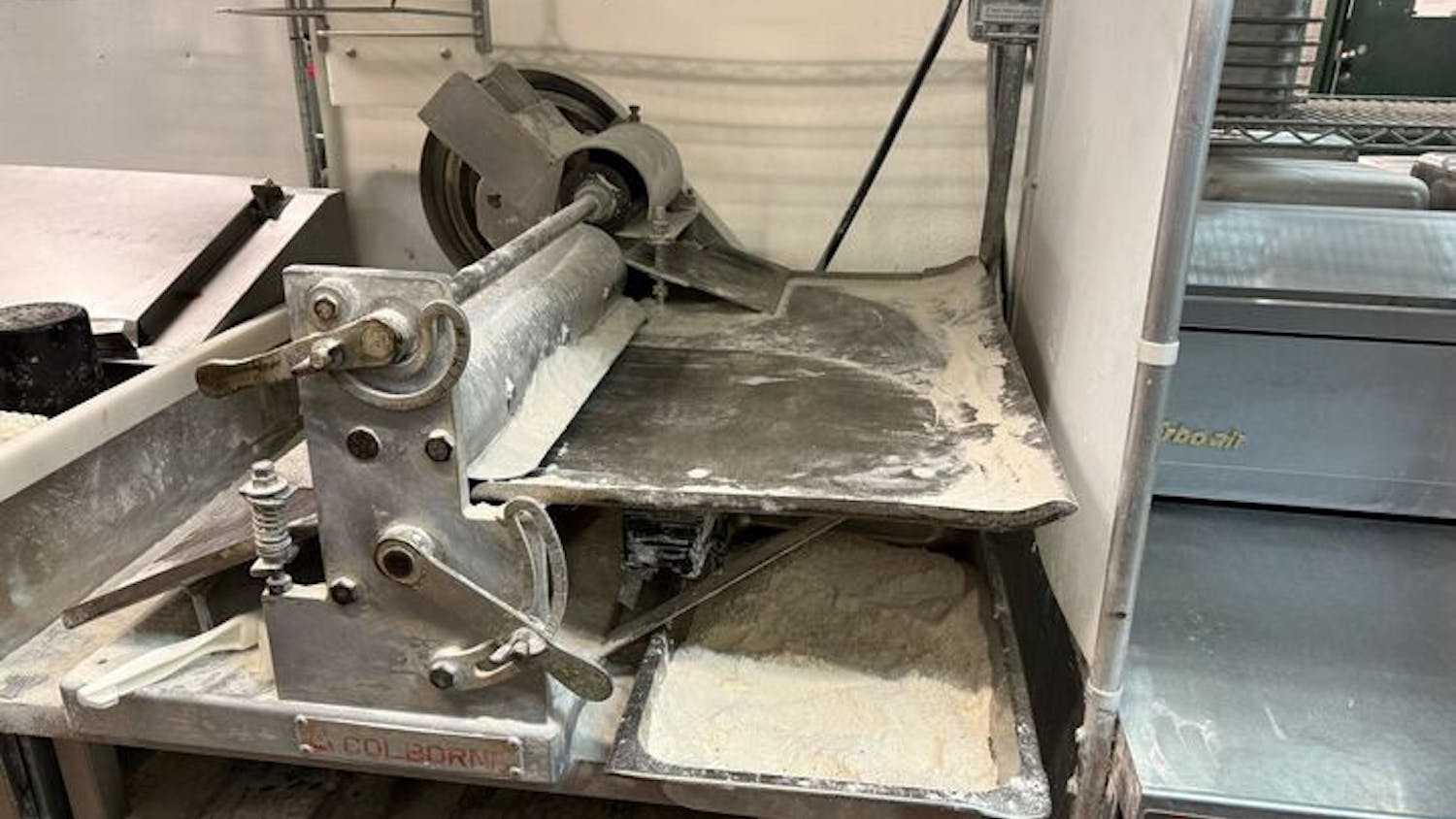More than 60 UW-Madison students, faculty and community members attended a panel discussion Wednesday in which experts discussed the war in Afghanistan and the country's history.
Panelists included UW-Madison professors of history Alfred McCoy and Florencia Mallon, The Progressive editor Matthew Rothschild and UW-Madison doctoral candidate Zoltan Grossman.
The forum was sponsored by the Havens Center, the Global Studies Program and the Madison Area Peace Coalition.
Panelists predicted outcomes of the current Afghan war.
McCoy said he thought the most that could happen between now and \when snow falls"" would be the Northern Alliance taking Mazar-e Sharif and maybe Kabul.
He also said he did not think the Taliban would be disintegrating soon.
""I don't think they're going to fall apart. I just don't see it,"" he said. ""Even if [the Taliban] didn't have support before ... the bombing may build support.""
Rothschild predicted other events such as a U.S. invasion of Iraq and the assassination of Yassir Arafat by either an Israeli or extremist Palestinian group.
""There are a lot of really destabilizing things that could happen,"" he said. ""People go into war thinking it's going to be easy. They think we'll come out a week later waving white flags. They're nuts.""
Grossman spoke of the numerous ethnic and religious divisions in Afghanistan.
""The one thing that has brought together Afghans throughout history is their resistance to outside invaders,"" he said.
McCoy said the U.S. government needed to assess its involvement in Afghanistan.
""At what level is the U.S. going to say 'Enough is enough'?"" he asked. ""The war is not going to make us safer. It's just going to add to the turmoil.""
The speakers also addressed the issue of civil liberties in the United States.
The history of the U.S. is one in which the government tries to take Americans' civil liberties away, especially during war, McCoy said.
""It is really getting chilly,"" he said. ""I think we need to be careful.""
Grossman spoke about the minimal amount of information regarding the war to which Americans are privy.
""We have a lot less information about the war than we've had about any other war in U.S. history,"" Grossman said.
McCoy drew parallels between the anti-Vietnam War protests and the peace movement during the war in Afghanistan.
""As I look back on it, I get more cynical about the things that went on,"" he said, reflecting on his days as an anti-Vietnam War protester.
Mallon said a combination of factors would lead to a strong anti-war movement like that during Vietnam.
""It's in moments of lack of success, protracted involvement and U.S. casualties that we start to have a mass movement,"" she said.





